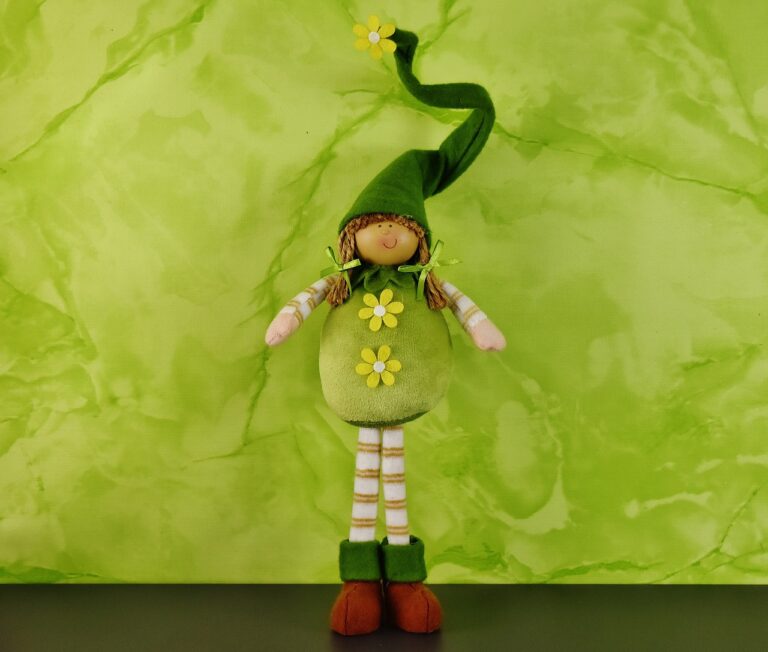Puppet Shows and Alien Cultures: Interspecies Encounters with Puppet Anthropologists
cricketbet999, 11xplay online id, betbhai9: Puppet Shows and Alien Cultures: Interspecies Encounters with Puppet Anthropologists
Have you ever thought about what it would be like to study alien cultures through the lens of puppetry? Well, that’s exactly what a group of puppet anthropologists is doing in a groundbreaking new research project. By using puppet shows as a way to interact with alien species, these anthropologists are gaining unique insights into the lives and customs of extraterrestrial civilizations.
So how exactly do puppet shows help facilitate interspecies encounters? We spoke to Dr. Jane Smith, the lead researcher on the project, to find out more.
Understanding Alien Cultures Through Puppetry
Puppet shows have long been used as a form of storytelling and entertainment on Earth, but their potential for cross-cultural communication is just beginning to be explored. When it comes to studying alien cultures, puppetry offers a creative and non-threatening way to interact with species that may be vastly different from our own.
“One of the key benefits of using puppet shows is that they allow us to communicate with alien species without relying on verbal language,” Dr. Smith explains. “By using puppets to act out scenarios and interactions, we can observe how the aliens respond and gain valuable insights into their social structures and behaviors.”
From studying the way aliens interact with puppet characters to exploring their reactions to different storylines and plot twists, puppet anthropologists are uncovering a wealth of information that would be difficult to access through traditional research methods.
Challenges and Rewards of Interspecies Encounters
Of course, conducting research on alien cultures comes with its own set of challenges. One of the biggest hurdles faced by puppet anthropologists is the need to constantly adapt and evolve their puppetry techniques to effectively communicate with different alien species.
“Each alien civilization we encounter is unique in its own way, and it’s important for us to be adaptable and open-minded in our approach,” Dr. Smith notes. “We’re constantly learning and refining our puppetry skills to ensure that we can effectively connect with these diverse cultures.”
Despite the challenges, the rewards of studying alien cultures through puppetry are immense. By bridging the gap between species through the universal language of puppetry, anthropologists are fostering mutual understanding and empathy between humans and aliens.
FAQs
Q: How do puppet anthropologists choose which alien cultures to study?
A: Puppet anthropologists often rely on data collected from spacecraft missions and other sources to identify promising alien civilizations for study.
Q: Are there any ethical considerations involved in studying alien cultures through puppetry?
A: Yes, puppet anthropologists always prioritize ethical guidelines and ensure that their interactions with alien species are respectful and non-invasive.
Q: What are some of the key findings that puppet anthropologists have uncovered so far?
A: Puppet anthropologists have made discoveries related to alien social structures, communication methods, and cultural practices, shedding light on the diversity of life in the universe.
In conclusion, the intersection of puppet shows and alien cultures represents a fascinating frontier in anthropological research. Through their innovative use of puppetry, anthropologists are forging new pathways for interspecies communication and understanding, enriching both human and alien civilizations in the process.







